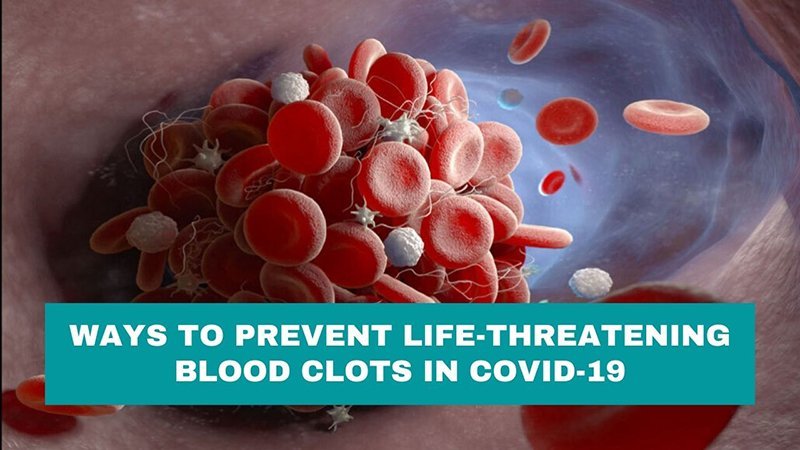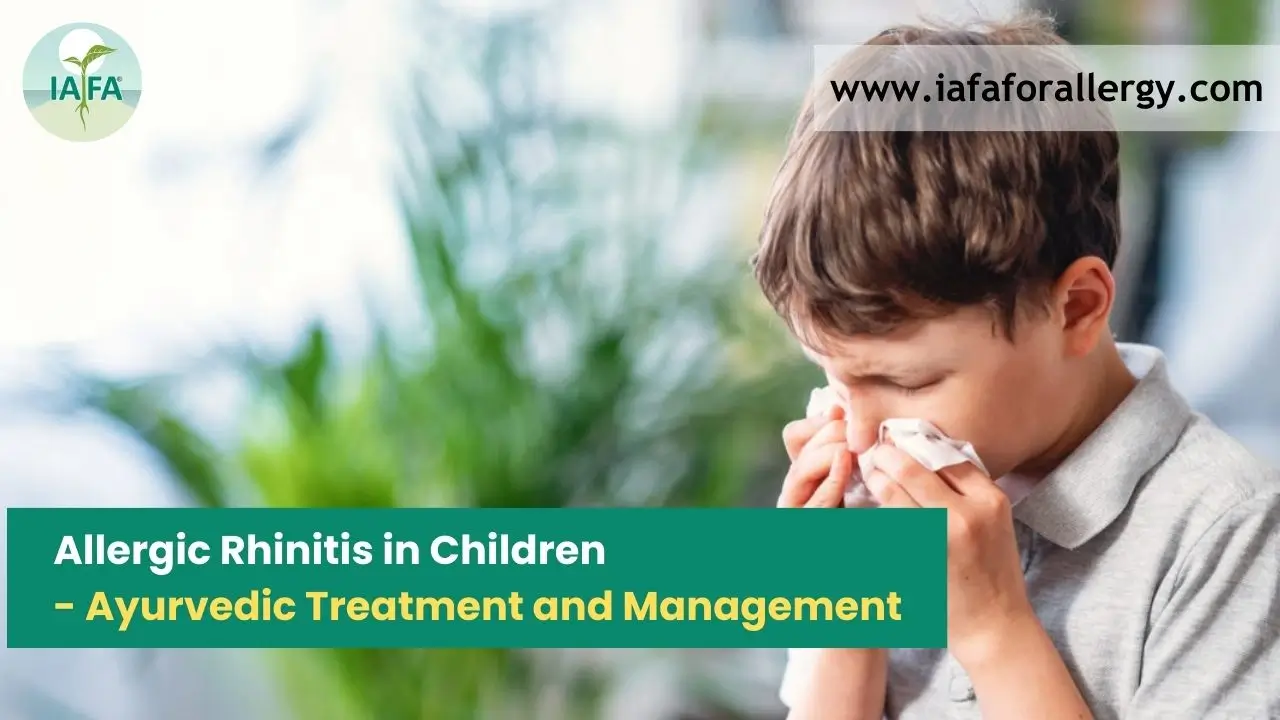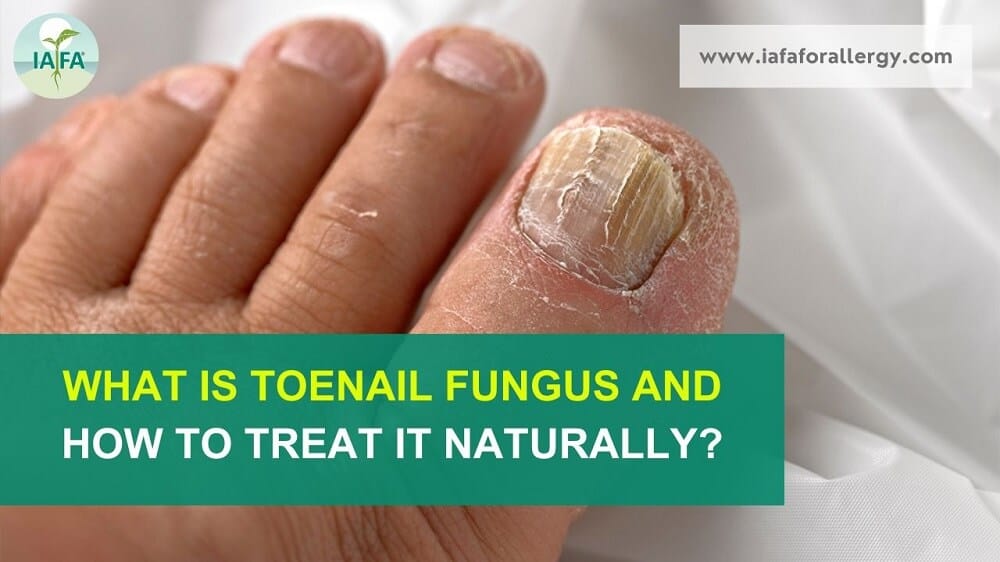COVID-19 is a highly infectious disease caused by the SARS-COV-2 that can lead to severe respiratory distress and complications like the formation of blood clots in some patients. Globally, researchers are working hard to discover an effective antiviral agent, immune modulators etc.
There is limited evidence for the efficacy of repurposed antiviral agents, steroids etc. in controlling the infection. The formation of blood clots in COVID-19 is leading to severe complications and there is a need to prevent blood clots from forming.
Researchers are still learning the ways in which COVID-19 can wreak devastation on the human body. Patients with COVID-19 infection may be at an increased risk of formation of blood clots. For some COVID-19 patients, the blood clotting mechanism becomes excessive, their lives are at risk when the blood vessels get blocked. Pulmonary embolism happens when a clot breaks free from a vein and gets stuck in the lungs. This is becoming common in COVID-19 patients. The clots are also happening at the level of smallest blood vessels, which results in disruption of delivery of oxygen, damaging organs.
The formation of blood clots in the tiny blood vessels associated with alveoli, the little air sacs that allow the exchange of oxygen between the lungs and the blood, is becoming common in COVID-19 patients. The severe inflammation can increase the risk of clotting. There is a level of thrombus inflammation that have not really been witnessed before on such a large scale.
In the autopsy study of the lungs of COVID-19 patients, it was found that there are gravely injured endothelial cells which line the blood vessels. Normally, the function of these cells is to keep clots at bay so that the blood can flow smoothly. But this virus seems to cause damage to the lining of the blood vessel. When these are damaged, the cells activate clotting. When severe clotting happens in COVID-19 patients, it increases the chance they’ll die.
Venous Thromboembolism (VTE) is where a blood clot known as thrombus forms in a vein which can block off or reduce blood flow. The most common form is a blood clot in the deep veins of the legs known as Deep Vein Thrombosis (DVT). DVT can break off and travel to the arteries of the lung where it causes pulmonary embolism (PE). DVT and PE are known under the collective term of VTE.
What are the Risk Factors for Blood Clots?
- Medical conditions such as lung disease or infections, cancer or heart failure.
- Obesity
- Pregnancy
- Reduced mobility especially if confined to hospital bed
- Personal or family history of VTE.
Ways to Prevent Life-Threatening Blood Clots in COVID-19
Blood clots in COVID-19 are becoming common. Some patients with COVID-19 infection may be at an increased risk of formation of a blood clot. An anticoagulant medicine to reduce the risk of developing a blood clot. An anticoagulant, also known as blood thinner increases the time it takes the blood to clot. The choice of anticoagulant medication will be based on various factors such as kidney function, body weight and other medications that a person is taking.
Although medicines are widely available to treat and prevent blood clots, the question is whether there is a dose that will work for the dramatic amount of COVID-19 clotting.
Some Tips to Prevent Blood Clots
- You should exercise
- You should keep yourself well-hydrated by drinking plenty of water
- Be physically active
One of the best ways to keep COVID-19, or any other infection, at bay, is to strengthen the immune system. Some of the herbal recommendations to strengthen immune system are:
- Add carom seeds (ajwain), eucalyptus oil or mint leaves to water and do steam inhalation once a day.
- Apply sesame oil, anu tail, cow’s ghee or coconut oil in the nostrils, especially before going out and after coming back home.
- Mix a pinch of turmeric and salt in warm water or boil water with licorice and triphala. Use this mixture to gargle once or twice daily.
- Include herbs like ginger, coriander, cumin, tulsi etc. in the diet.
- Get 6-8 hours of sleep every night, do moderate exercises and pranayama regularly and follow a healthy and balanced diet.








